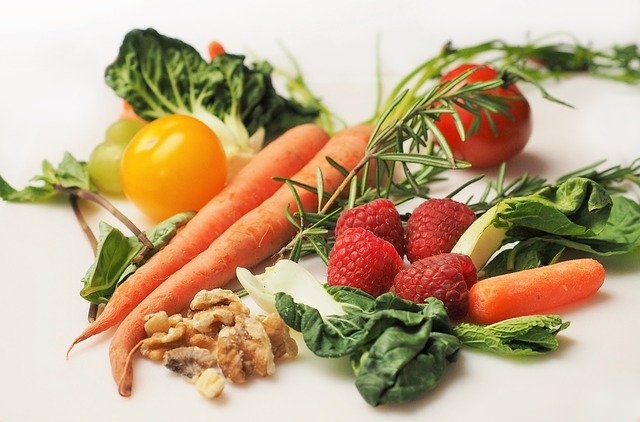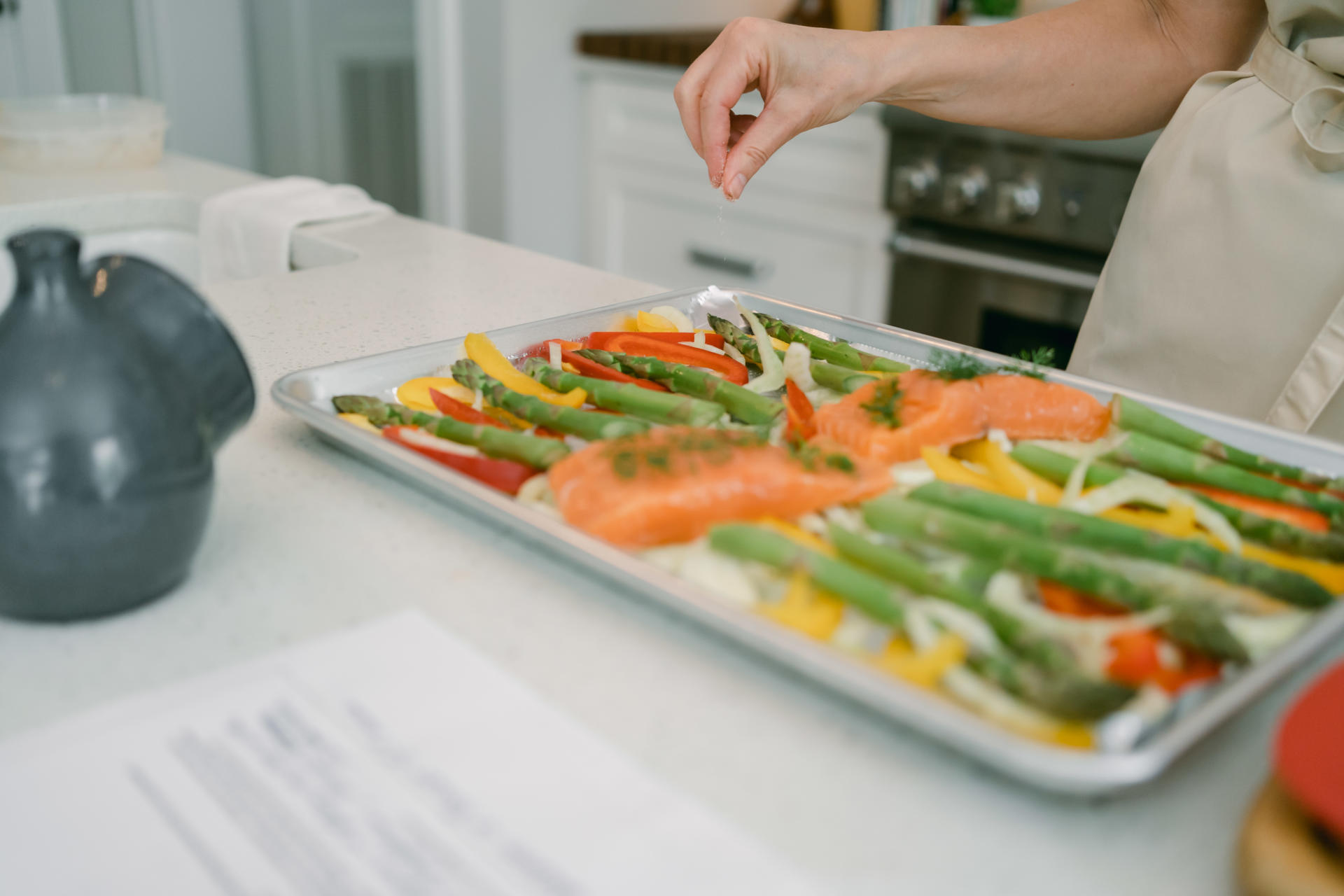Is Your Brain Well-Fed?
“The best prescription is to feed your brain properly, as an undernourished brain has profound implications for all aspects of life.”
— Dr. Drew Ramsey
One of the things I so enjoy about my work in the culinary field is that there is always something new to learn and the results of cooking great food reach far beyond the immediate need of hunger. I have long been captivated by the relationship between food and health and wellbeing. I regularly read, research, and attend workshops on nutritional topics and plan ways to incorporate my new-found knowledge into my cooking and meal planning. Over the past two years, I have studied how food affects our brain function, and ultimately our broader health and wellbeing. It’s fascinating and definitely a topic on the rise.
WHY Is It Important to Feed Our Brains?
When we think of cooking for better health, we most often think in terms of a specific diet or way of eating – heart-healthy, diabetic or low glycemic, low fat, low carb, and more. According to brain experts, cooking to support our brain function is important and has been long overlooked.
“Though many conscientious modern eaters think constantly about the food we’re eating – how it will affect our hearts, the environment, and most of all our waistlines – we don’t think about its influence on our brains.”
— Naidoo, Uma. This Is Your Brain on Food (p.3). Little, Brown and Company. Kindle Edition.
“Our brains consume 20 percent of everything we eat; this nourishment provides the energy and nutrients to create and sustain the quadrillions of connections that construct the brain, and the electricity that courses between those connections. Your brain is the organ of connection, and you depend on these connections for all aspects of your life: Your work. Your relationships. Your memories. Your intentions. Your dreams.”
— Ramsey M.D., Drew. Eat Complete (p. 5). Harper Wave. Kindle Edition.
Since our brain controls how we think, learn, feel, and function, it makes sense to cook with ingredients that feed it well. By doing so, we help ourselves participate fully in our day-to-day lives while reducing the chance or severity of degenerative brain disorders and other chronic diseases.

Photo: dbreen on Pixabay
WHAT Ingredients Best Support Brain Health?
Nutritionists and scientists advise that there is no one “super” ingredient that will take care of all our brain health needs, yet there are certain types of foods that offer high amounts of brain-boosting nutrients. Keeping in mind that we, as individuals, have our own dietary needs, in general, following a Mediterranean style of eating offers the most value not only for overall good health but also for better brain function.
Brain-Boosting Ingredients
To aid overall brain function, including concentration, mood, memory, creativity, and productivity, eat plenty of the following types of foods:
- dark, leafy greens
- omega 3-rich foods, such as salmon, tuna, mackerel, halibut, oysters, shrimp, and certain plant-based foods
- berries
- avocados
- whole grains
- beans
- spices and herbs, such as turmeric, cinnamon, sage, rosemary, basil
- dairy, especially those with probiotics
- nuts and seeds, such as walnuts, almonds, cashews, flaxseed, chia seeds
- olive oil
- tea, coffee
- dark chocolate
Brain-Busting Ingredients
You guessed it! Certain types of foods slow down our brain function – they make us feel sluggish, tired, unable to concentrate, down, or possibly anxious or depressed, as well as can cause serious health issues. In order to feel and function at our best, it is best to limit the use of these types of ingredients:
- unhealthy fats (avoid trans-fats; limit saturated fats)
- highly processed ingredients or foods
- refined sugar and refined carbohydrates
Make it a Lifestyle
And, finally, we cannot forget that cooking is only one piece of a healthy and brain-boosting lifestyle. Experts advise that it is also important to incorporate these components:
- regular exercise
- getting enough sleep
- staying hydrated
- reducing stress with yoga, meditation, and mindfulness
- smartly consuming alcohol
FEATURED RECIPE
RESOURCES – Nutrition and Brain Function
For further reading on the connection between nutrition and brain function, check out the following articles and books:
- Harvard Health Publishing for Harvard Medical School. “Foods Linked to Better Brainpower”. (March 6, 2021). https://www.health.harvard.edu/healthbeat/foods-linked-to-better-brainpower.
- Mosconi, Lisa. Brain Food. (2018) Penguin Publishing Group. Kindle Edition.
- Naidoo, Uma.This Is Your Brain on Food. (2020) Little, Brown and Company. Kindle Edition.
- Ramsey M.D., Drew. Eat Complete. (2016) Harper Wave. Kindle Edition.
- Speaking of Health for Mayo Clinic Health System. “Maximize memory function with a nutrient-rich diet”. (October 7, 2020) https://www.mayoclinichealthsystem.org/hometown-health/speaking-of-health/maximize-memory-function-with-a-nutrient-rich-diet
- Tergesen, Anne. “What Science Tells Us About Preventing Dementia”. Wall Street Journal. (November 17, 2019) https://www.wsj.com/articles/what-science-tells-us-about-preventing-dementia-11574004600.
- United Brain Association. “10 Superfoods to Boost Brain Power”. (July 9, 2019) https://unitedbrainassociation.org/2019/07/09/10-superfoods-to-boost-brain-power/.
SHARE
Share your thoughts or experiences on cooking to improve your brain function and overall health in the comments section.
Main photo: Jenelle Botts Photography
© 2022 Love + Craft Kitchen, LLC, All Rights Reserved


Recent Comments